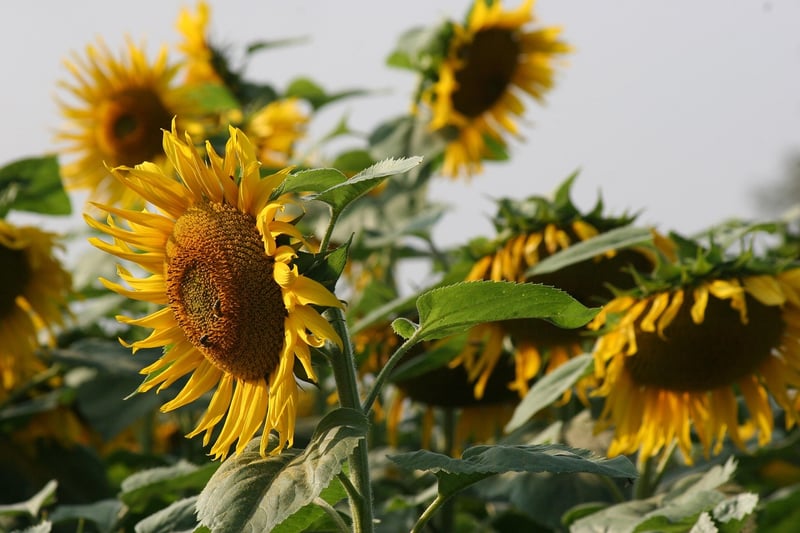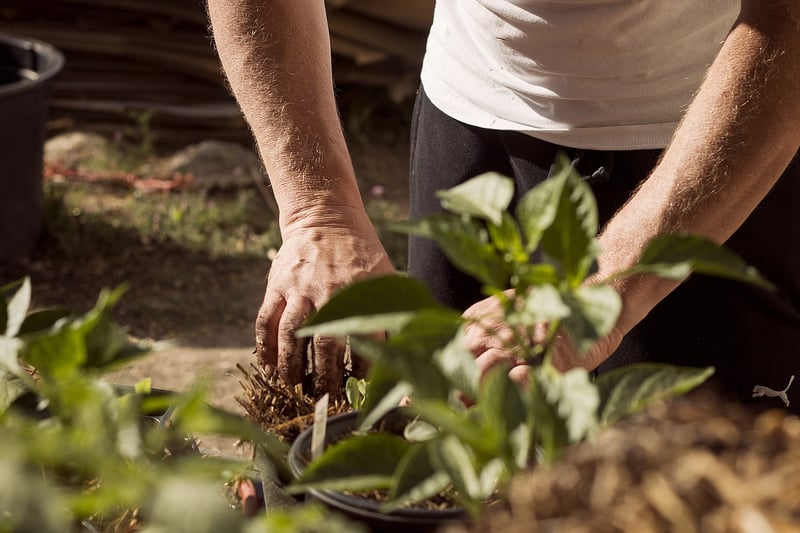Companion Planting
Protecting Your Plants from Pests + Companion Planting
The Importance of Protecting Your Plants
Keeping your plants safe from pests is crucial to ensure they thrive and produce a bountiful harvest. Pests such as insects, rodents, and diseases can wreak havoc on your plants if left unattended, leading to stunted growth and reduced yield.
Methods to Protect Your Plants from Pests
There are several natural and effective ways to protect your plants from pests without resorting to harmful chemicals:
- Companion Planting: One of the most popular methods is companion planting, where certain plants are grown together to deter pests or attract beneficial insects.
- Beneficial Insects: Encourage the presence of beneficial insects like ladybugs and lacewings that feed on harmful pests.
- Neem Oil: Use neem oil, a natural insecticide, to control common pests while being safe for beneficial insects.
- Row Covers: Covering your plants with row covers can prevent insect infestations and protect them from harsh weather conditions.
- Handpicking: Regularly inspect your plants and handpick any pests you find, especially caterpillars and beetles.
Companion Planting
Companion planting is a traditional gardening practice that involves planting different crops in proximity for mutual benefit. Here are some popular companion planting combinations:
- Tomatoes and Basil: Basil repels common tomato pests like aphids and mosquitoes.
- Marigolds and Vegetables: Marigolds deter nematodes and other soil-borne pests.
- Cucumbers and Radishes: Radishes attract cucumber beetles away from cucumber plants.
- Lavender and Roses: Lavender repels aphids, keeping your roses safe.
Conclusion
Protecting your plants from pests is essential for a successful garden. By employing natural pest control methods like companion planting and attracting beneficial insects, you can create a healthy and balanced ecosystem in your garden, leading to thriving plants and a fruitful harvest.
Remember, a little prevention goes a long way in keeping your plants pest-free!


For more information on companion planting and pest control, check out The Old Farmer's Almanac Companion Planting Guide.
